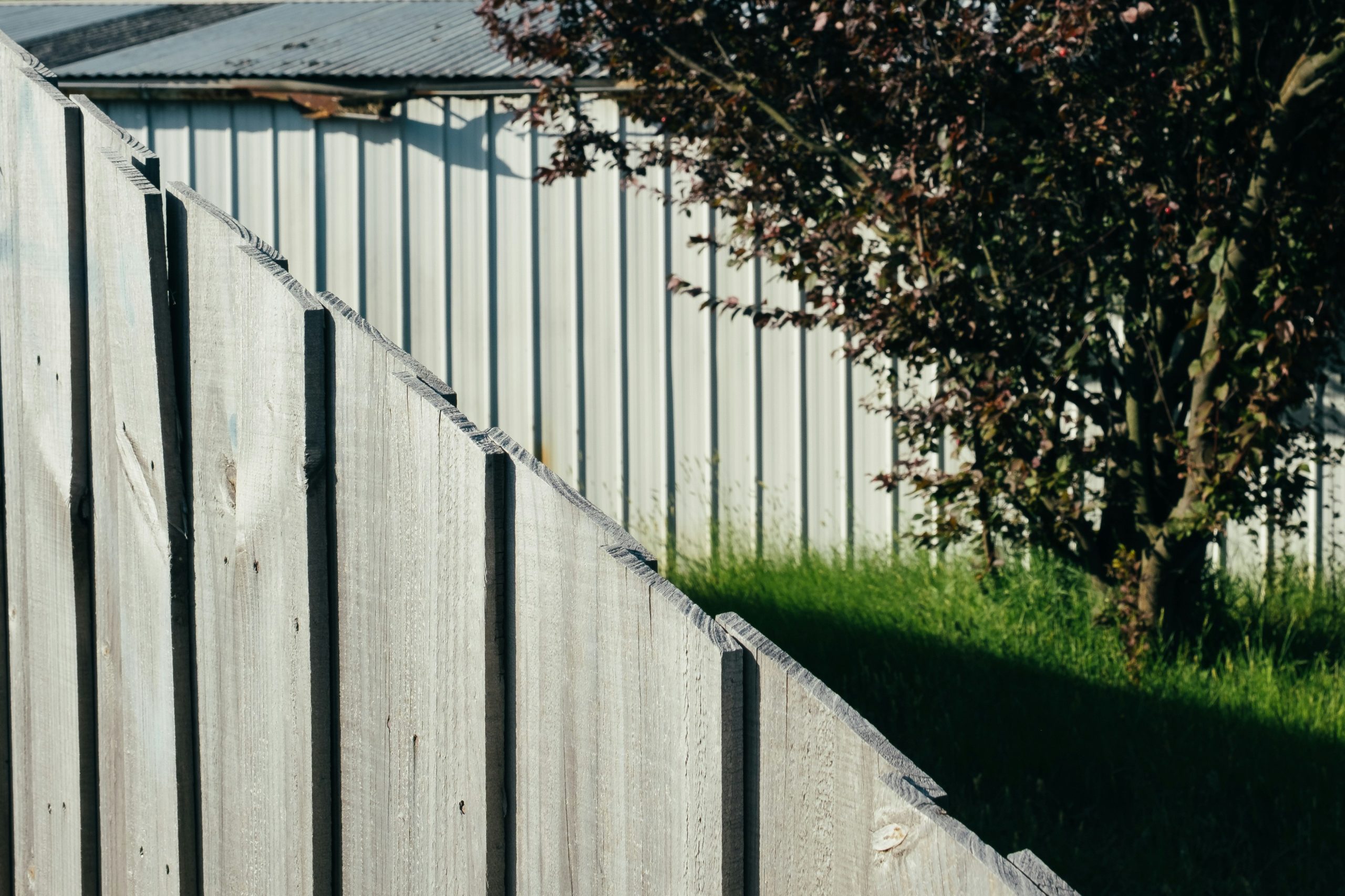When it comes to safeguarding your property, defining boundaries, or enhancing your place’s aesthetics, fencing is an essential aspect of any homeowner or business owner’s checklist. Yet, between the endless choices in materials, styles, and DIY tutorials, the pathway to a well-fenced domain can seem labyrinthine, often leaving people hemmed in with confusion.
Here, we cut through the chatter and barb our way past this thorny issue. Let’s see why fencing is important and what points you should consider before selecting a fence.
DIY vs Professional Fence Installation: The Advantages of the Latter
While the allure of DIY projects is strong, tempting homeowners with the potential for cost savings and the satisfaction of a personal touch, professional fence installation comes with its own set of compelling advantages. The expertise professionals bring to the table ensures that your fencing is not only aesthetically pleasing but also structurally sound and durable. Their experience allows for the navigation of common pitfalls that DIYers might fall into.
Experience and Expertise
Professionals bring years of experience and a level of expertise that ensures the fence is installed correctly the first time. Their knowledge of materials, local climate considerations, and land topography is invaluable in constructing a fence that lasts longer and withstands the elements.
Time Savings
Contracting professionals save homeowners the one commodity that’s often in short supply: time. Fence installation is a labor-intensive project that can take weekends or even longer to complete, whereas professionals can complete the same job in a fraction of the time.
Quality Assurance
Professional fencing companies stand behind their work with warranties and service guarantees. This assurance means that there is recourse for repair or replacement in the unlikely event something goes wrong, providing homeowners with peace of mind.
Increased Property Value
A professionally installed fence can significantly increase your property’s value. It improves curb appeal and can be a strong selling point to potential buyers who recognize the quality and durability of professional work over a DIY project.
Compliance with Regulations
Professionals are well-versed in local building codes and regulations, ensuring that your fence meets all legal requirements. This knowledge helps to avoid costly fines or redoing the work due to non-compliance with local laws.
Access to High-Quality Materials
Professional installers have access to high-quality fencing materials that may not be readily available at local hardware stores. This access allows them to provide superior options that enhance the longevity and appearance of your fence.
Customization
A professional fencing company can offer a wider range of customization options that fit your specific needs and preferences. Whether it’s a particular color, style, or material, experts can tailor your fence to the unique characteristics of your property.
Problem-Solving Skills
Professionals are trained to handle any unforeseen issues that may arise during the installation process. They have the problem-solving skills necessary to address challenges such as uneven ground, underground utilities, or obstructive landscaping, ensuring a seamless install.
Fencing Installation: Important Considerations
Before diving into the practicalities of fence installation, it is essential to ponder several key factors that will guide your decisions and help ensure a successful outcome. These considerations encompass not just the immediate aesthetics and functionality of the fence but also its long-term resilience and integration with your property’s overall landscape and design.
Budget Assessment
Ascertain the financial allocation for your fencing project. Be realistic about the costs, which include materials, labor, and potential upkeep. This step will help refine your material choices and the complexity of the design.
Purpose Identification
Clearly define the main purpose of the fence. Whether it’s privacy, security, pet containment, or simply aesthetic enhancement, the intended function greatly influences the type of fence you’ll need.
Material Selection
Research and choose materials that align with your purpose, budget, and the climate of your region. Different materials, such as wood, vinyl, aluminum, or chain link, vary in durability, maintenance, and appearance.
Design Consistency
Ensure that your fence design is in harmony with the style of your home and garden. The right design adds to the curb appeal and complements your property’s existing aesthetics.
Neighborly Etiquette
Communicate with your neighbors regarding your fencing plans, especially if it will affect shared property lines. This dialogue can prevent future disputes and maintain good relationships.
Permit Procurement
Check local zoning laws and obtain necessary permits before installing your fence. This step is crucial to ensure that your fence complies with local regulations and to avoid legal issues.
Longevity and Maintenance
Consider the long-term maintenance that will be required to keep your fence in good condition. Some materials may require more frequent treatments or repairs than others.
Professional Assessment
Hiring a professional to assess your property can provide insights into the ideal fence type for your landscape. They can address potential issues and suggest the best solutions for your needs. Contact an expert for more information on professional fencing installation services and how they can benefit you.
Environmental Impact
Consider the environmental footprint of your fencing choices. Select materials and practices that minimize harm to the environment, such as sustainable wood or recyclable metals. Eco-friendly solutions can contribute to a healthier ecosystem and might also resonate with eco-conscious buyers should you decide to sell your property in the future.
Future Expansion
Plan for future changes or expansions to your property that might affect your fence. It’s wise to think ahead if you plan to add structures like a shed, pool, or extension to your home so your fencing does not become an obstacle or require costly modifications later on.
Access and Convenience
Factor in the placement of gates and access points in your fence design to ensure they meet your daily needs and facilitate seamless movement in and out of your property. Proper access planning can also be crucial for emergency services or maintenance tasks.
Landscape Integration
Consider how your fence will integrate with the existing landscape and any future gardening or landscaping plans. A fence that complements your garden’s design can enhance both the beauty and function of your outdoor space.
Security Features
If security is a central purpose for your fence, examine additional features such as locking mechanisms, surveillance integration, and height considerations to deter intruders effectively while maintaining aesthetic appeal.
Long-Term Adaptability
Choose a fencing solution that offers adaptability to changing needs or preferences over time, such as modular designs that allow for easy replacement of parts or adjustment of layout and height.
Local Fauna
Consider the impact of your fence on local wildlife. Design your fence to prevent harm to animals, possibly incorporating elements that allow for the safe passage of smaller creatures or prevent entrapment.
Final Thoughts
Installing a fence is an important investment in your property, and it’s crucial to take the time to consider all relevant factors before making any decisions. Professional installers offer invaluable expertise and resources that can help you create a fence that meets your needs, lasts for years to come, and enhances the beauty of your home.
By carefully assessing your budget, purpose, materials, design, and other considerations, you can ensure a successful installation that adds value and functionality to your property. Don’t rush the process – take the time to plan, communicate, and consult with experts for a fence that fits seamlessly into your unique property and lifestyle.






